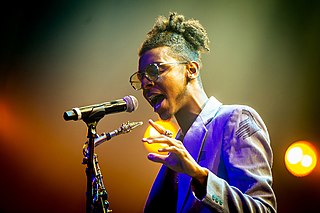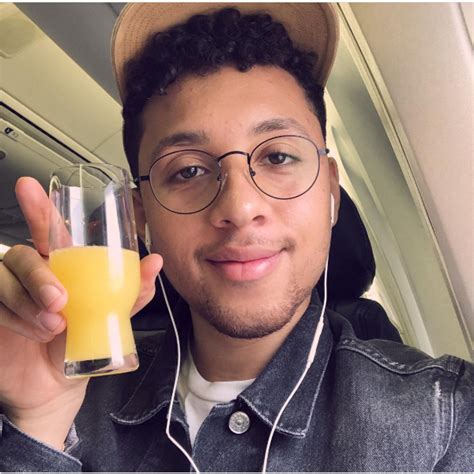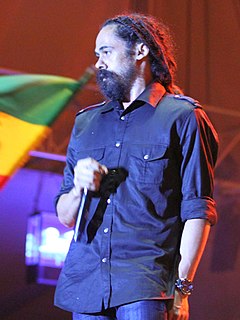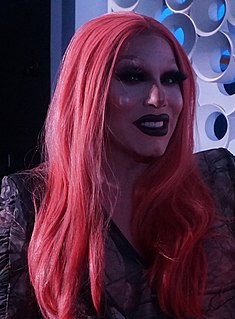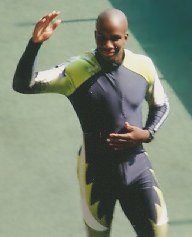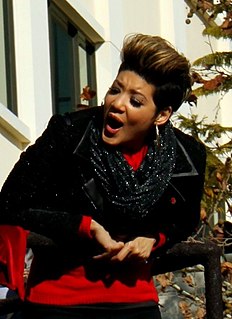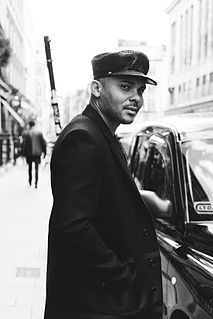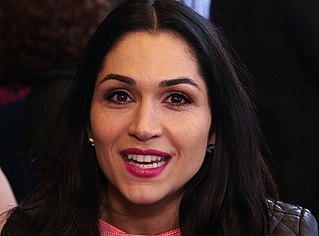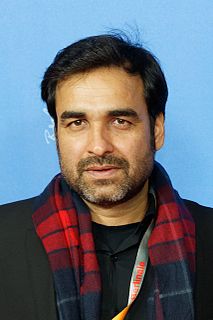A Quote by Masego
I'm Jamaican, so I come from a very whip with two belts background - being sensitive isn't really part of my culture.
Related Quotes
When I went to Egypt right after 9/11 I was very upset. I used to live in Egypt. I had a lot of friends there. I spent two years teaching there. I had very fond feelings for that part of the world, and the fact that a culture I liked so much had attacked my own culture was really very upsetting to me.
Doctors and scientists, being part of that two-sex culture, have done everything they can to try to force people who are in-between into one of the two clear types. Intersex people themselves have also generally wanted to fit into one of the two clear categories; most are not interested in being in a 'third' type.
